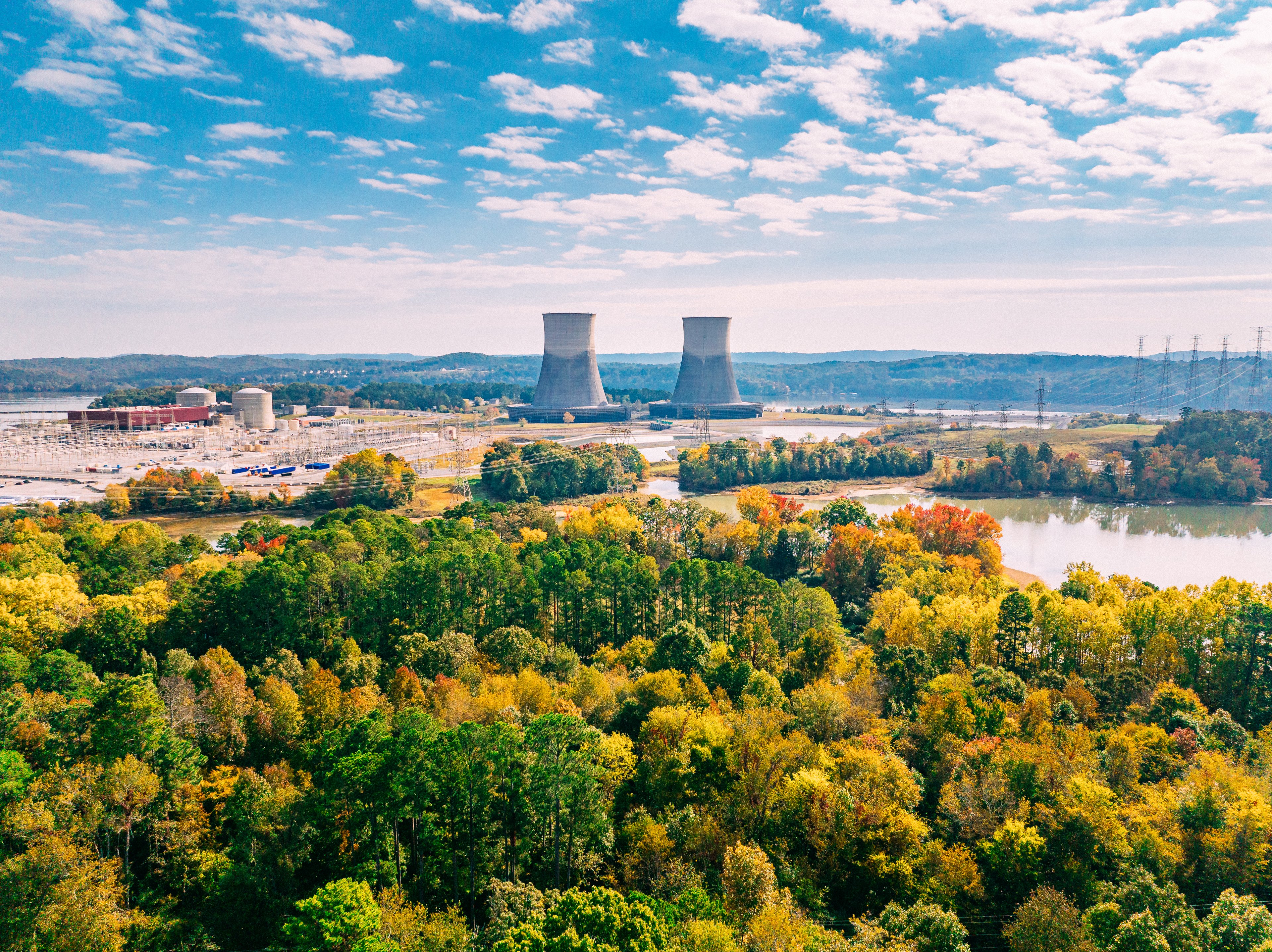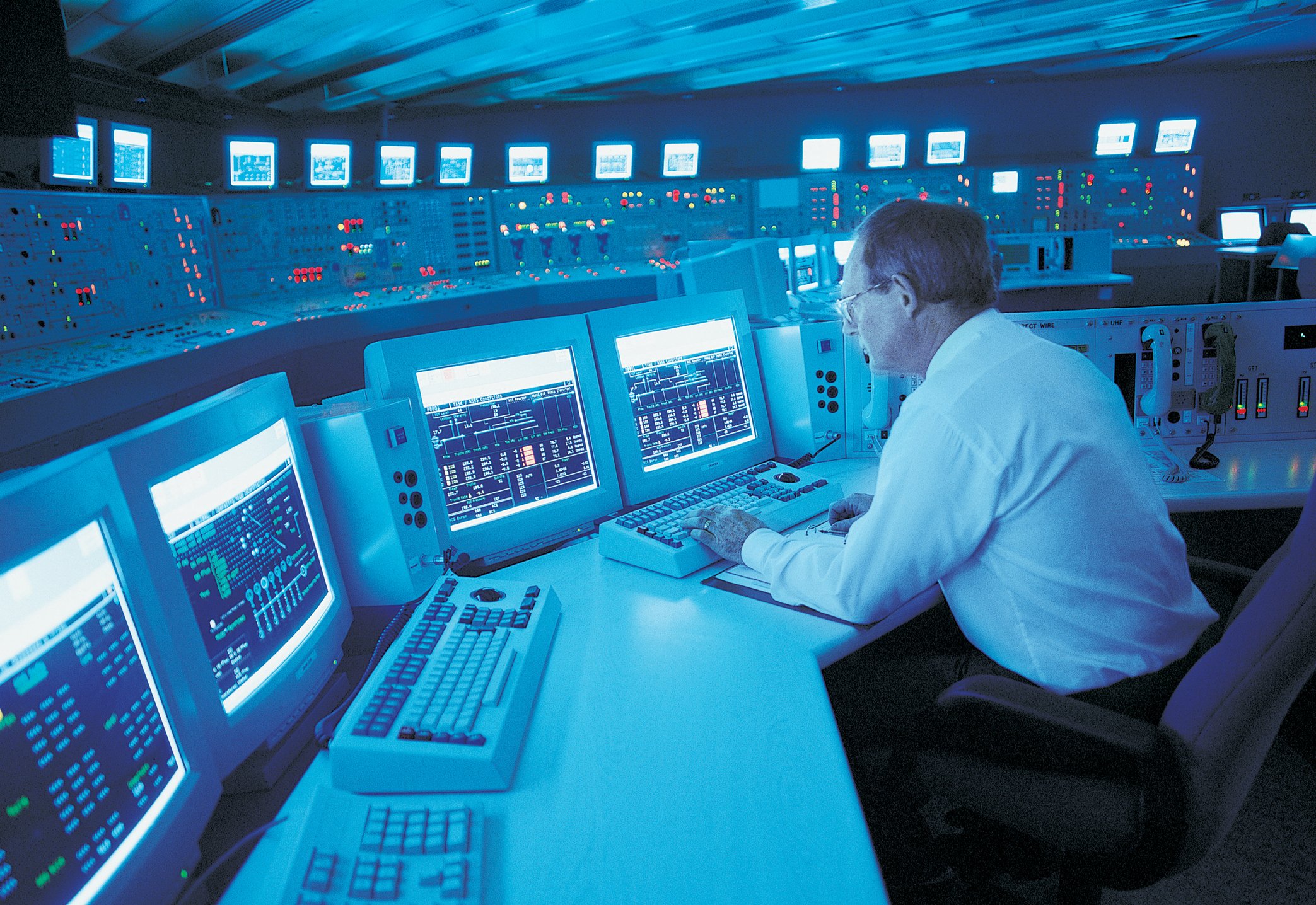Artificial intelligence (AI) isn't just transforming industries. It's making us rethink energy. The surge in AI adoption is driving a massive build-out of hyperscale data centers, each packed with power-hungry processors that run 24/7.
The International Energy Agency estimates that global data center electricity consumption could double by 2030, with some forecasts showing U.S. AI facilities alone rivaling the output of several large nuclear plants within a few years.
Supplying AI's appetite will require reliable, scalable, and often innovative power solutions. The companies that can deliver that power -- whether through clean baseload, rapid-deploy generation, or cutting-edge infrastructure -- stand to benefit for years to come. Here are four stocks to buy today to take advantage of this.

Image source: Getty Images.
Constellation Energy
Constellation Energy (CEG +4.20%) is the largest U.S. producer of carbon-free electricity, operating the nation's biggest nuclear fleet alongside wind, solar, hydro, and gas assets. The advantage of nuclear power for AI-era data centers lies in its baseload reliability. It can operate 24/7 with zero emissions, thereby meeting hyperscaler carbon-neutral mandates while avoiding grid intermittency issues.

NASDAQ: CEG
Key Data Points
Constellation's nuclear fleet has a generating capacity of approximately 22 gigawatts (GWs), producing 182 terawatt-hours (TWhs) of zero-emissions electricity in 2024. On top of that, data center clusters, notably in Virginia and Illinois, are within Constellation's service territory.
Analysts project that it could grow earnings per share by 17% compounded through 2028. Given its huge nuclear fleet and strong tailwinds from hyperscalers, Constellation Energy is a solid way to invest in AI and its rising power demand.
GE Vernova
GE Vernova (GEV +3.17%), spun off from General Electric Company (which is now GE Aerospace) in 2024, provides power generation technology, from gas turbines and wind to grid infrastructure. Its installed base generates roughly 25% of the world's electricity.
For AI-driven data centers, its aeroderivative gas turbines stand out because they can be deployed and provide power within weeks. These units are highly valued because they can be commissioned faster, providing rapid, dispatchable power crucial for meeting immediate energy needs when traditional grid connections may lag.
The demand for this technology is experiencing robust demand to support data centers, as evidenced by GE Vernova securing nearly $500 million in data center orders in the first half of 2025. This is a notable acceleration compared to its $600 million in orders for all of 2024.

NYSE: GEV
Key Data Points
GE Vernova's grid stabilization solutions are critical for hyperscalers to integrate renewables without compromising uptime or reliability. Technologies like synchronous condensers, which GE Vernova has manufactured for years, provide voltage support and frequency regulation, which helps to balance the grid when generation levels are volatile.
The stock is quite expensive, at 150 times earnings, pricing in lofty growth expectations. With analysts projecting growth of earnings per share to $7.61 (up 151% year over year) in 2025, and 45% compounded growth in earnings per share in the next three years after that, GE Vernova's growth potential is eye-opening.
Vertiv
Vertiv (VRT +7.62%) supplies power management, cooling, and servicing of critical infrastructure technology for data centers, communication networks, and commercial and industrial customers. It makes uninterruptible power supplies (UPS), switchgear, and advanced cooling systems -- all of which are essential to keeping AI servers running reliably.

NYSE: VRT
Key Data Points
The increased adoption of AI and high-performance computing is driving significant demand in the data center industry. Higher rack densities from AI accelerators mean more heat and power demand per square foot, which Vertiv can address with liquid cooling and high-capacity UPS.
Hyperscale data center growth is expected to drive sustained order backlogs for Vertiv's solutions. In the second quarter, orders surpassed $3 billion for the first time, with a book-to-bill ratio of 1.2x showing robust demand for its solutions. The company's backlog has expanded significantly, reaching $8.5 billion, which is up 21% versus the prior year and 7% sequentially.
Bloom Energy
Bloom Energy (BE +12.63%) manufactures solid oxide fuel cells that generate clean, on-site power from natural gas or biogas, with hydrogen-ready capability. Where Bloom Energy has an advantage is in grid independence. Its Bloom Energy Servers use fuel cell technology, which can power data centers without waiting for utility interconnects, delivering scalable, low-carbon electricity at the point of use.
The U.S. power grid is facing significant challenges, including an estimated 42-gigawatt shortfall by 2028, potentially growing to 60 GW through 2029 for data centers due to interconnection delays. Bloom's servers are well-positioned to address these medium-term constraints.

NYSE: BE
Key Data Points
A significant advantage of Bloom's solutions is their faster time to power compared to traditional grid upgrades or other large-scale power generation methods. While grid interconnection requests can take up to four years to become operational, Bloom Energy Server systems can provide power to customers in months. This makes it attractive in grid-constrained regions like Northern Virginia or Texas.
Bloom could enjoy massive tailwinds from near-term energy demand, and it has the solution to address these shortfalls quickly. Analysts covering the company project earnings per share of $0.52 in 2025, with growth projected to compound at a staggering 76% annually through 2027.






